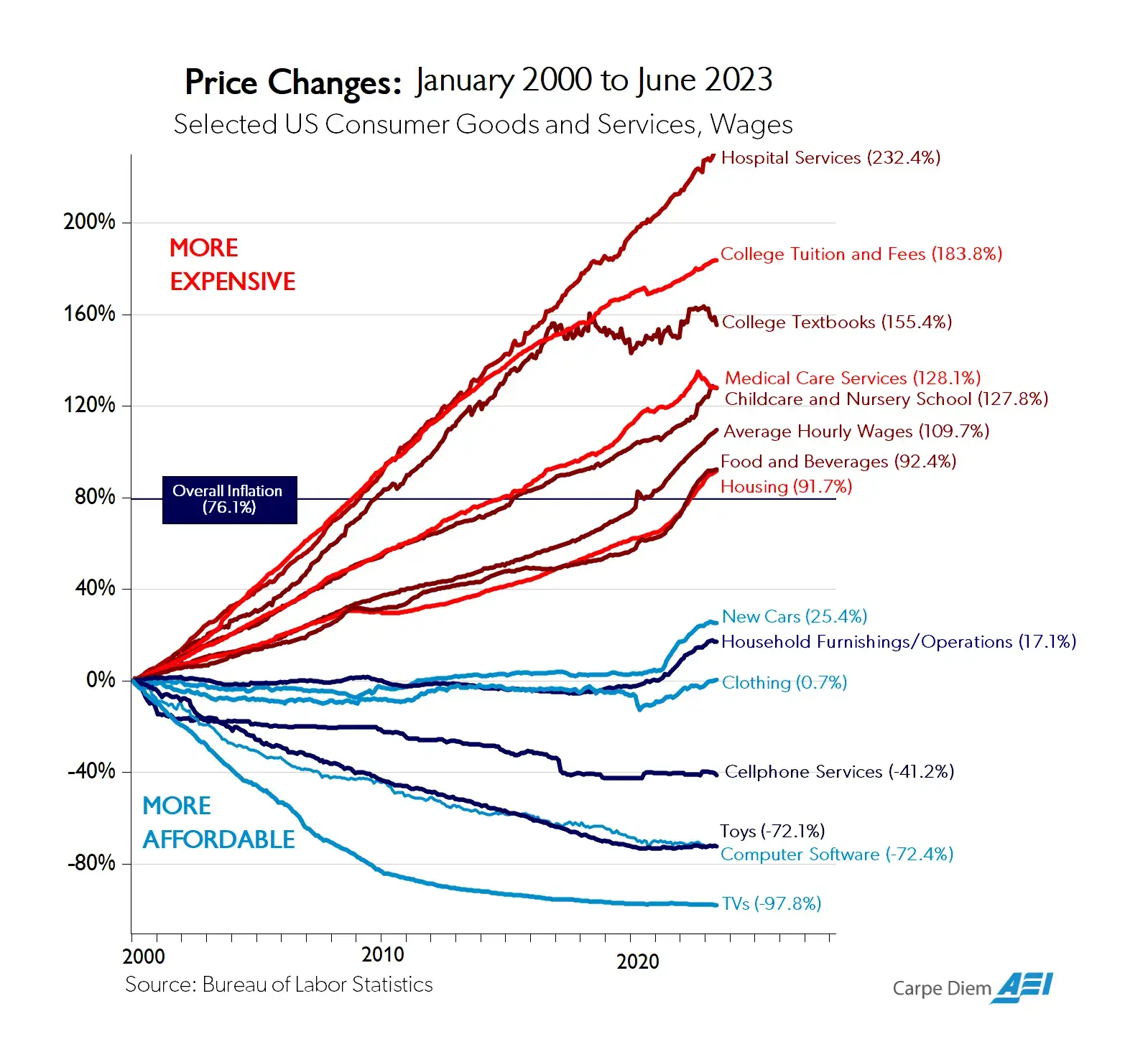You’re entirely correct, but in theory they can give it a pretty good go, it just requires a lot more computation, developer time, and non-LLM data structures than these companies are willing to spend money on. For any single query, they’d have to get dozens if not hundreds of separate responses from additional LLM instances spun up on the side, many of which would be customized for specific subjects, as well as specialty engines such as Wolfram Alpha for anything directly requiring math.
LLMs in such a system would be used only as modules in a handcrafted algorithm, modules which do exactly what they’re good at in a way that is useful. To give an example, if you pass a specific context to an LLM with the right format of instructions, and then ask it a yes-or-no question, even very small and lightweight models often give the same answer a human would. Like this, human-readable text can be converted into binary switches for an algorithmic state machine with thousands of branches of pre-written logic.
Not only would this probably use an even more insane amount of electricity than the current approach of “build a huge LLM and let it handle everything directly”, it would take much longer to generate responses to novel queries.








You could try FreeFileSync. I use it for pretty much your exact use case, though my music library is much smaller and changes less often, so I haven’t tinkered with its automation. Manual sync works like a dream.